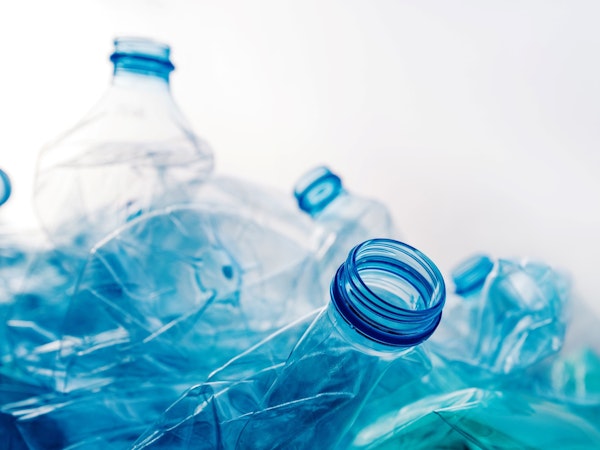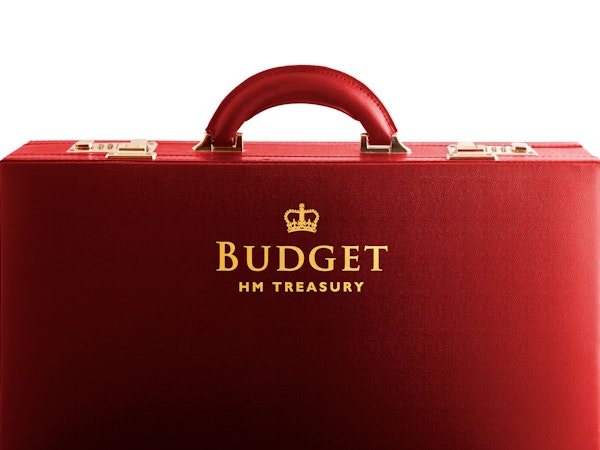The taxing problem of plastics – a challenge for all
The Treasury has said a single use plastic waste tax will be brought in – but not for three years. What can you do in the meantime to help tackle the environmental challenge?

Legislation on a plastics tax is now slated for April 2022 following proposals expected to be included in the next Budget. The initial consultation received a record of over 160,000 replies, reflecting the importance of the subject to the public. Draft legislation is expected in 2020, with the actual mechanism of the tax yet to be revealed.
From the business point of view, it’s not just about doing our bit, but also long term commercial sustainability. From shoes made out of recycled plastic, mattresses made from plastic bottles to sustainable fabrics in clothing retailers, the marketing messages are straightforward. But some businesses can find the cost is too high to go green. Production costs on more sustainable materials can be lower, but higher transportation and energy costs may make a switch harder. With clients increasingly are including sustainability and green credentials in their selection processes, each sector has to work through its options.
What you can do
On a basic level you can make some changes long before the new tax comes into operation. If you’re shrink wrapping a magazine, for example, explore recyclable covers. Do you still have plastic cups for drinking water in the office? Have you reviewed your energy supplier? But there are also tax-saving measures you can take with wider ramifications.
If you offer company car benefits, then electric cars should be on your radar. Not only are they emission free, but there are no benefit-in-kind charges. They may appear more expensive up front but are more economical when the tax advantages are factored in. For employees who prefer to cycle to work, HMRC has said the cycle to work scheme can cover bikes worth over £1,000 which includes electric bicycles.
Research and development tax credits are another way to help you shift towards greater sustainability. There are also innovation grants available. Carbon accounting has been around for a few years and will become increasingly important as the country moves towards the goal of carbon neutrality in 2050. Starting to measure your businesses environmental performance now will not only set you on the right path for the planet, but also motivate staff and send a positive message to clients
Reversing the damage of plastic waste and carbon emissions is a global movement now regularly in the headlines. But it’s not just up to the legislators and big corporations. As a famous slogan once had it ‘Every little helps’.





